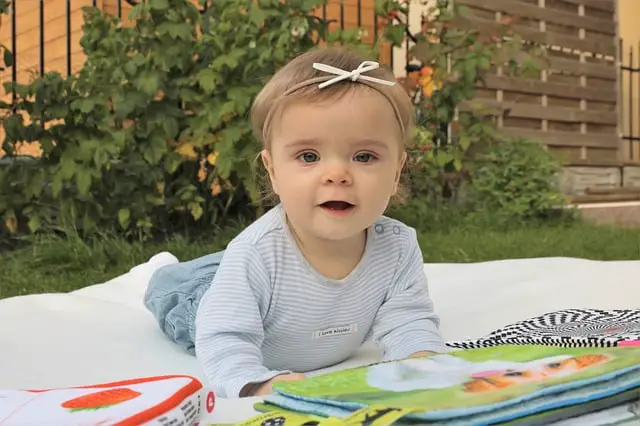One example is better than a thousand sermons.
- Since they were very young, children have tended to imitate all our actions, good and bad.
- We can use everyday habits – such as greeting, table manners, standards of conduct – to help them develop good habits and, little by little, take responsibility.
- Lecturing them over and over again by repeating the same things over and over again is useless if parents don’t do what they ask their children to do themselves.
Communication, dialogue and understanding
- The words, gestures, looks and expressions we use help us to know ourselves better and to express everything we feel. That’s why, even during pregnancy, we need to talk to the baby.
- We must always continue to communicate. Talk to him a lot, without haste, tell him stories but also let him tell us stories.
- Have you tried asking him a question that starts with “What do you think about…”? In this way, you will show your child that he is interested in your opinion and he will feel loved and listened to.
Boundaries and discipline, without threats
- He needs to be taught to separate feelings from actions. Standards must be clear, consistent and accompanied by logical explanations.
- Children need to know what will happen if they don’t do what we ask. For example, we need to be very clear that they must pick up their toys after playing.
- It’s important for the child – just like us – to understand that their feelings are not a problem, but that what’s wrong is their bad behaviour. And with respect to these, we must always set limits, because there are areas that are negotiable and others that are not. If he refuses to go to school, we have to recognize that it is often unpleasant to have to get up early but tell him that we do too.
Let him try even if he is wrong.
- The best way for a child to explore the world is to be able to make their own experiences. And if he is wrong, we must be there to protect him physically and emotionally, but with limits.
- Overprotection may save us from some fears but it doesn’t protect our child. If, every time he falls or hits himself, even very lightly, we run to help him with worry, we encourage him to complain and get him used to being comforted all the time. We have to let him take risks.
Do not compare or discredit
- Phrases like “learn from your brother”, “when will you be as responsible as your cousin? “or “you’re just as whiny as the kid in the park”.
- Don’t generalize and avoid phrases like “you always hit your sister” and “you never listen to what you are told.
- Your child certainly does a lot of things very well, even though lately he’s been acting like a real demon. Every child is unique: not everyone goes at the same pace and does not act the same way.
- Phrases like “You can swim as well as your brother, try it. You’ll see” turn their discomfort into a smile and encourage them to pursue their goals.
Share our experience with other parents.
- This can be very useful to us. Thus, a moment of rebellion in our child (a very frequent phase at certain ages) can stop being a terrible source of anxiety and simply become a difficult but fleeting period. Phrases such as “don’t worry, my son was the same way” can help us put “problems” into perspective and allow us to feel better and act with more peace of mind.
- If we are confused, concerned or don’t know how to act, we can always consult a professional. There is nothing to lose.
We must acknowledge our mistakes
- We have the right to be wrong and this does not mean that we are bad parents. What is important is that we recognize our mistakes and use them as a source of learning.
- A simple little phrase like “sorry, angel” will reinforce good behaviour and help us feel better.
Reinforce the good things
- Positive reinforcement, gentle gestures, encouragement and rewards have been shown to be more effective in educating than punishment. This is why we must always give him our emotional support and allow him to solve his problems alone, according to his abilities.
- Children are very sensitive and labels such as “beast” or “bad” hurt them a lot and can negatively affect their view of themselves.

